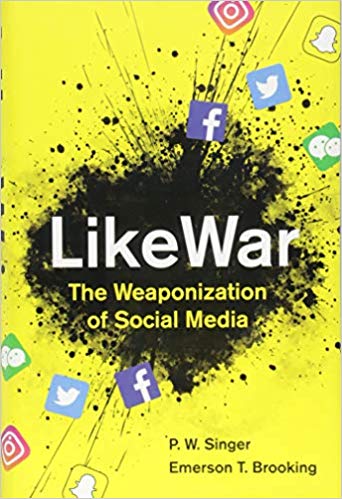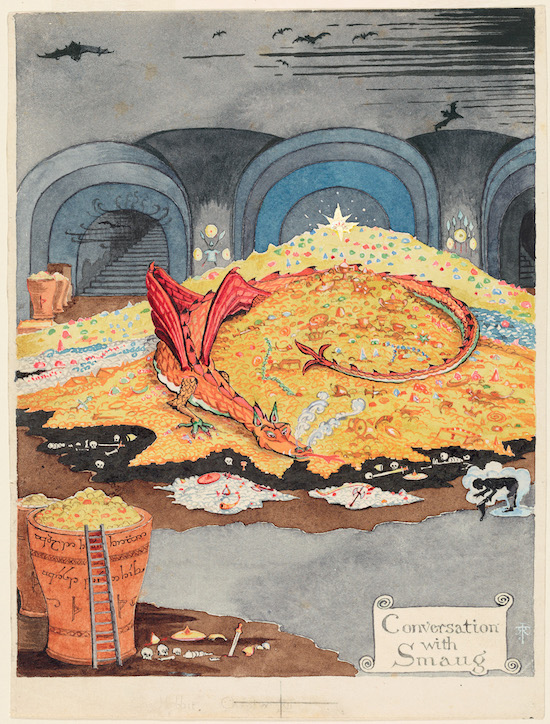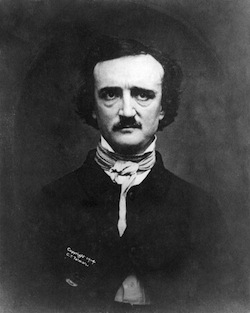Worldbuilding Once and Future Fake News: Not Really A Review of Singer & Brooking’s LikeWar: The Weaponization of Social Media


What if I told you that the Sack of Limoges in Froissart… never happened?
Well, OK, you’d look at me blankly. After a moment you might ask, “I’ve never heard of Froissart. Where is that? French Canada?”
I’ve been reading LikeWar: The Weaponization of Social Media by Singer and Brooking. It describes the emerging world of Internet “news” where news passes from person-to-person on social media, no source is uncontroversially trustworthy, and where both information warriors and click-bait farmers are uninterested in the truth, except as a way of making untruths more plausible.
In this world, what determines a narrative’s success is not veracity but rather: Simplicity; Resonance; and Novelty.
Just switch the arena to “rumor” and this looks awfully like a greatly accelerated version of the pre-modern — especially Medieval and Renaissance — milieus we use as inspiration for Fantasy worldbuilding. Keep the rumor but return the tech, and it’s also a good jumping-off point for building a Space Opera future. Stay with me and I’ll explain. But first, back to the smoking ruins of Limoges.
The authors — Singer wrote a great book on robot warfare, by the way — talk about a US military training scenario that would make a good Traveller adventure: insurgents set up both a demonstration and an ambush, guaranteeing the former will get caught in the latter, the objective being to generate Internet images of an occupier-perpetrated massacre. The military response — as I recall; the index isn’t very good — is to contain or avoid the ambush. Singer and Brooking remark that this won’t do any good. The insurgents — if cynical enough — can just shoot the civilians anyway and blame the occupiers, or simply upload images from elsewhere.
And that’s what made me think of Froissart and Limoges.
